Workshop Materials
Workshop supplies serve as the foundation for any project, catering to both experienced professionals and enthusiastic DIY hobbyists alike. These essential items range from simple hand tools to advanced composite materials and equipment crucial for crafting projects of high quality. Among the vast array of supplies, one can find resin brushes, fibers, molds, frp rollers, and essential safety gear. Each component plays a critical role in the crafting process, ensuring precision, resilience, and a professional finish. Incorporating premium workshop supplies into your projects not only enhances the quality of your work but also enriches your crafting experience, transforming every endeavor into a masterpiece. Remember, selecting the right supplies is your ally in bringing your creative visions to life.
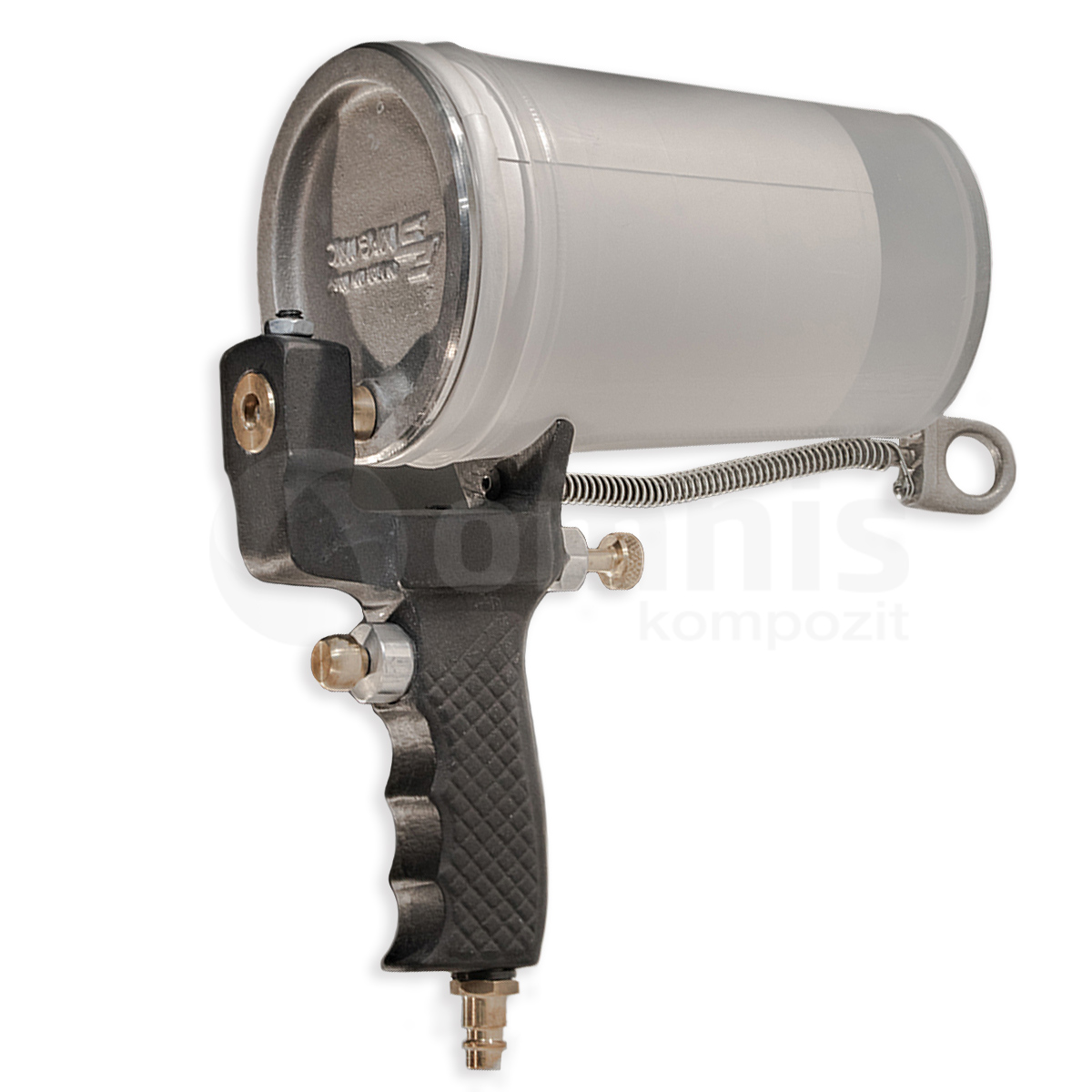
Portable Gelcoat Spray Gun
View Product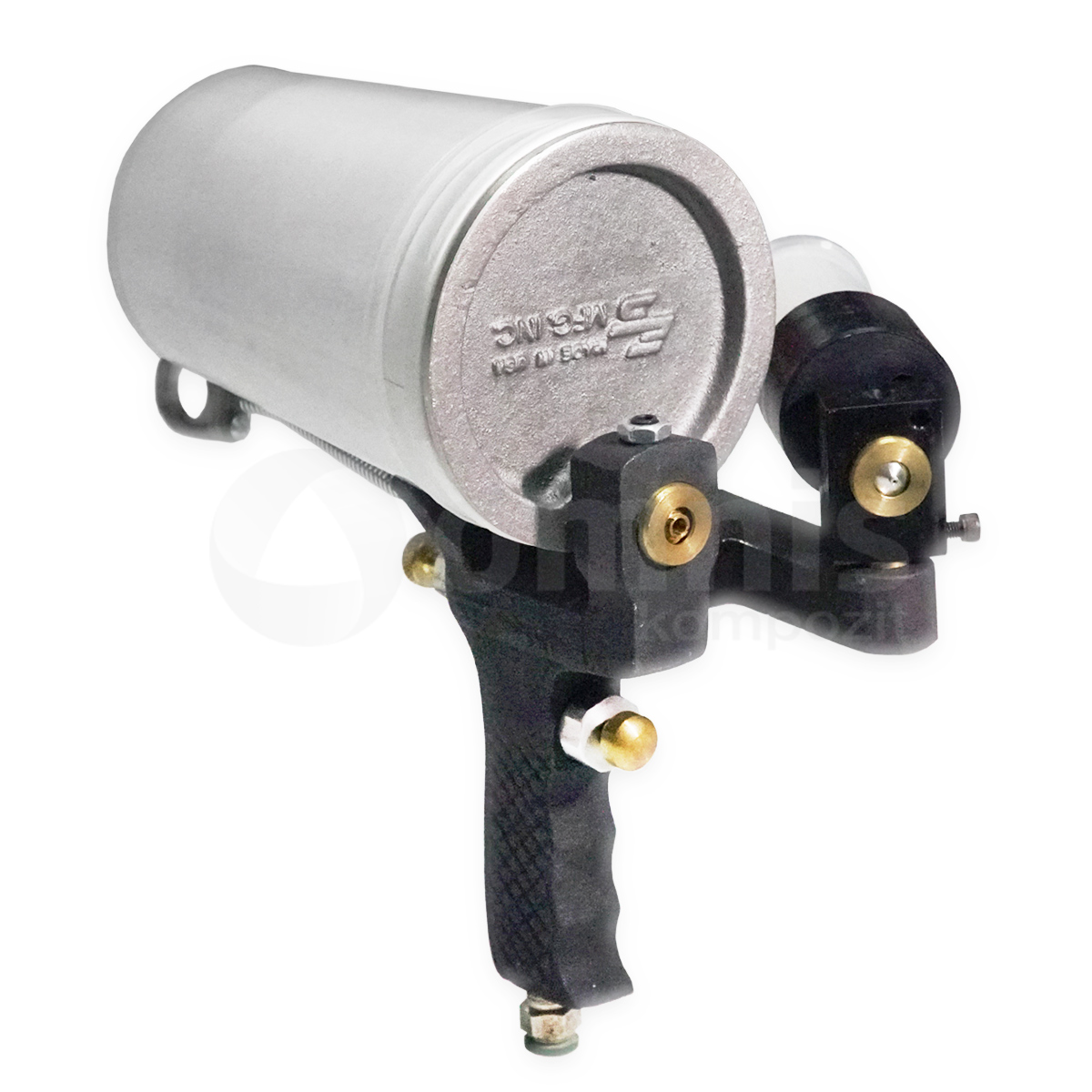
Portable Gelcoat Spray Gun with External Coupling
View Product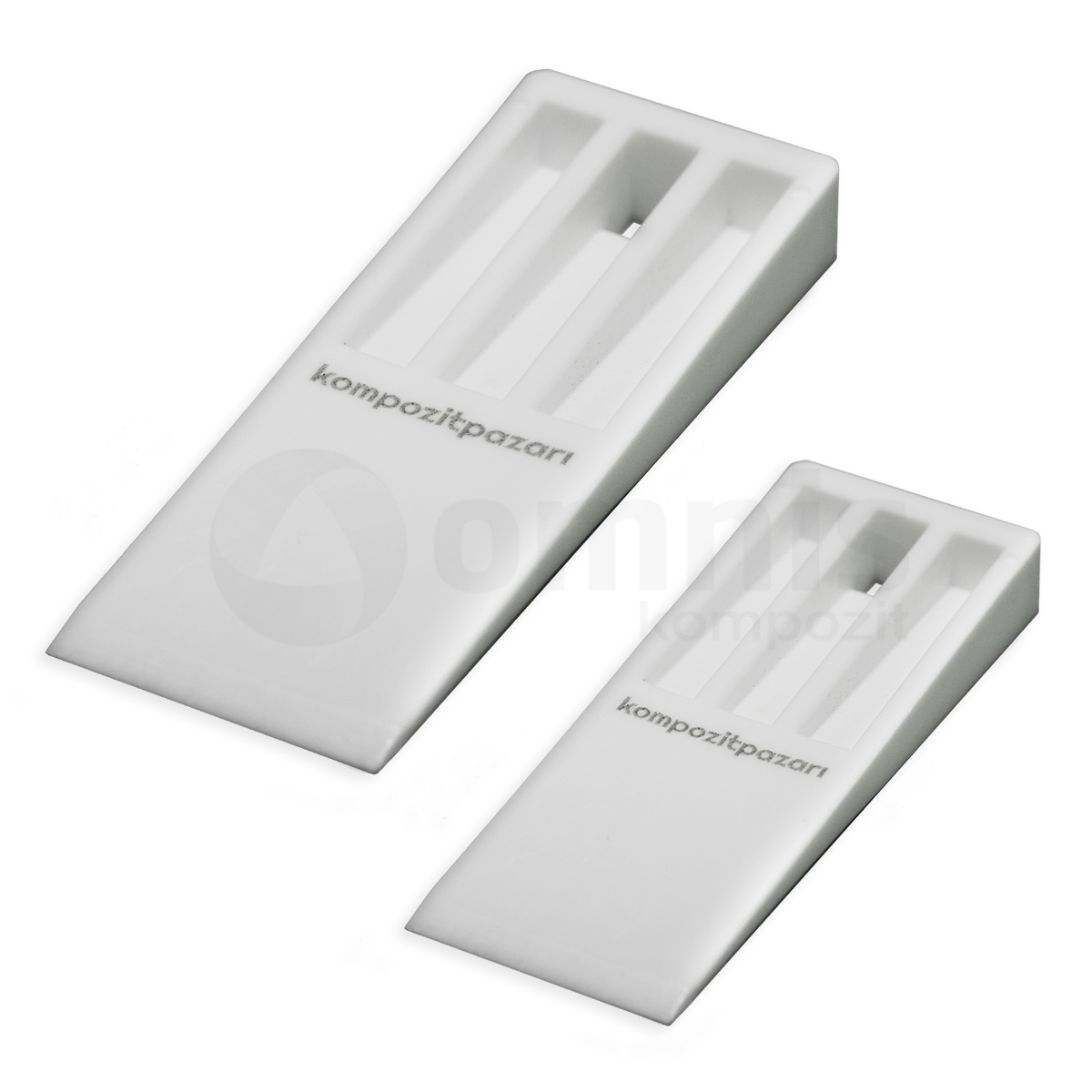
Mold Release Wedges
View Product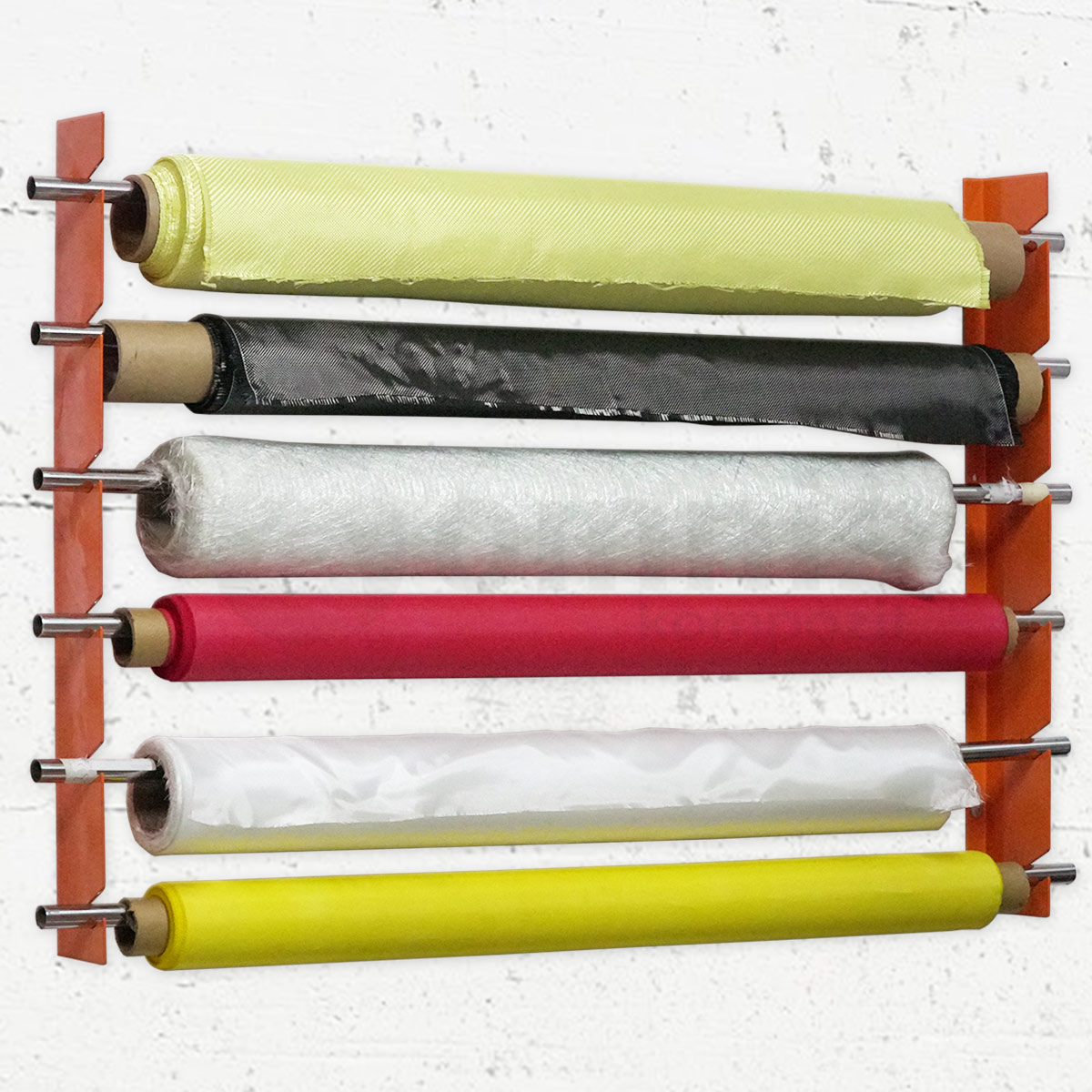
Roll Hangers Wall Mounted
View Product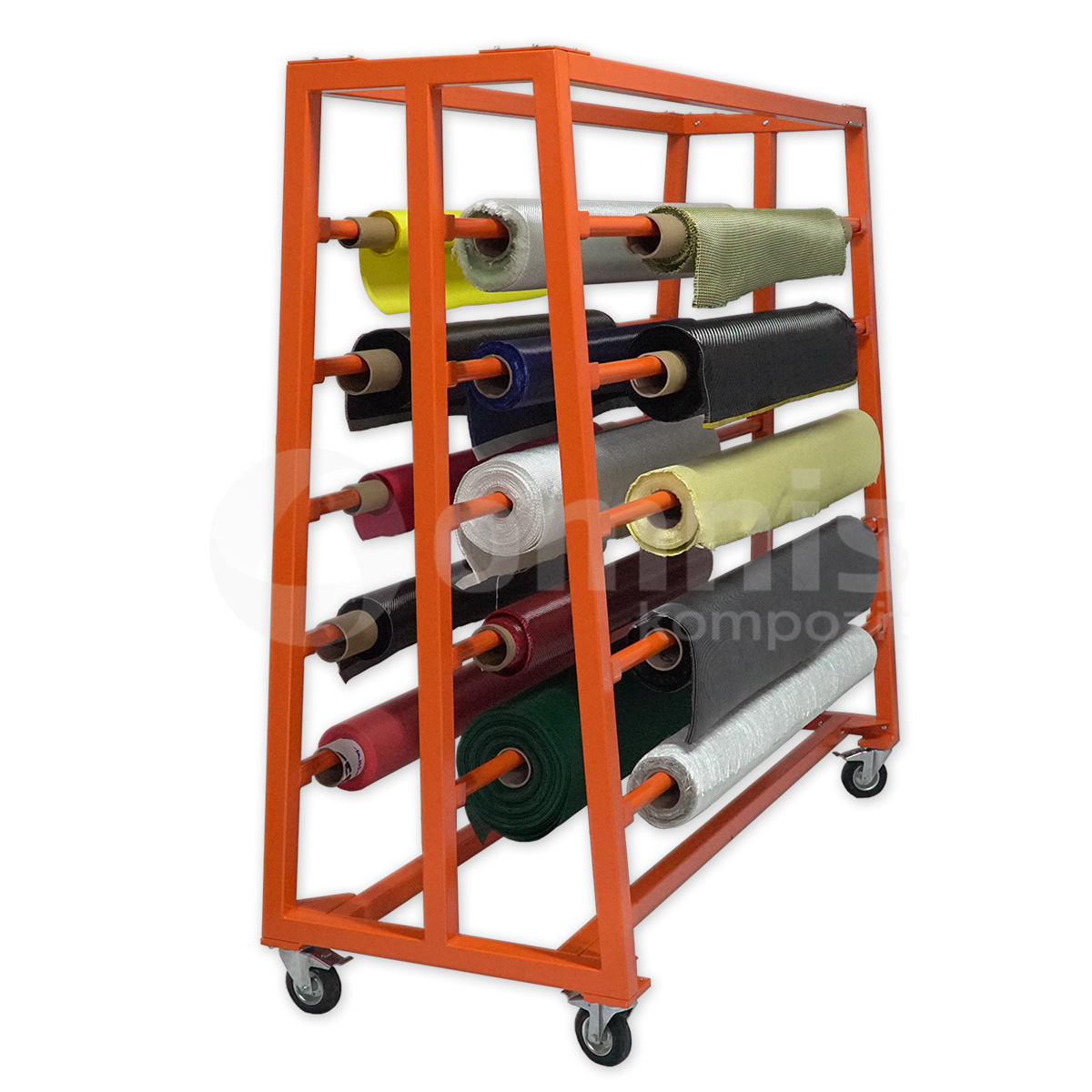
Roll Hanging Wheeled/Mobile
View Product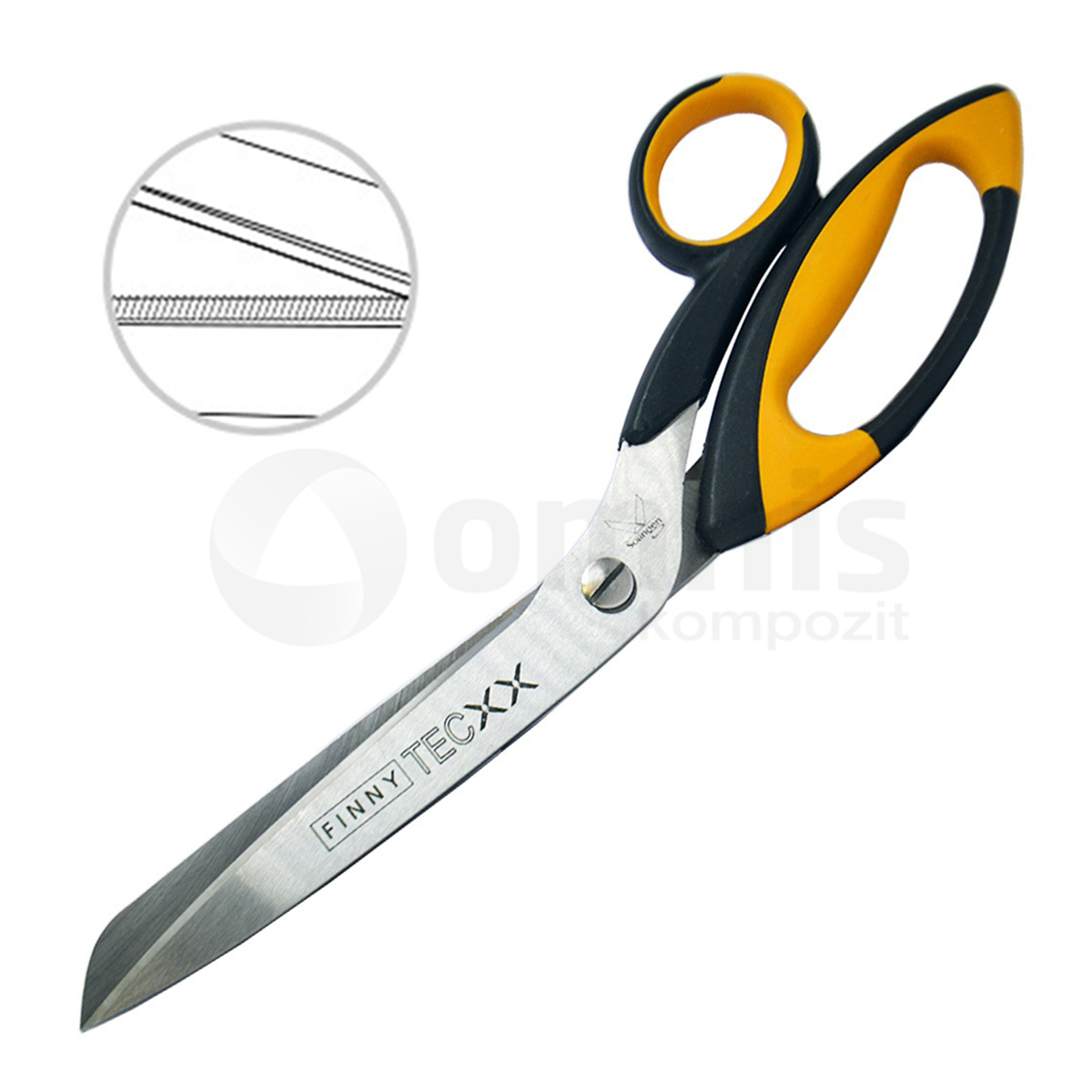
Fiber Shears
View Product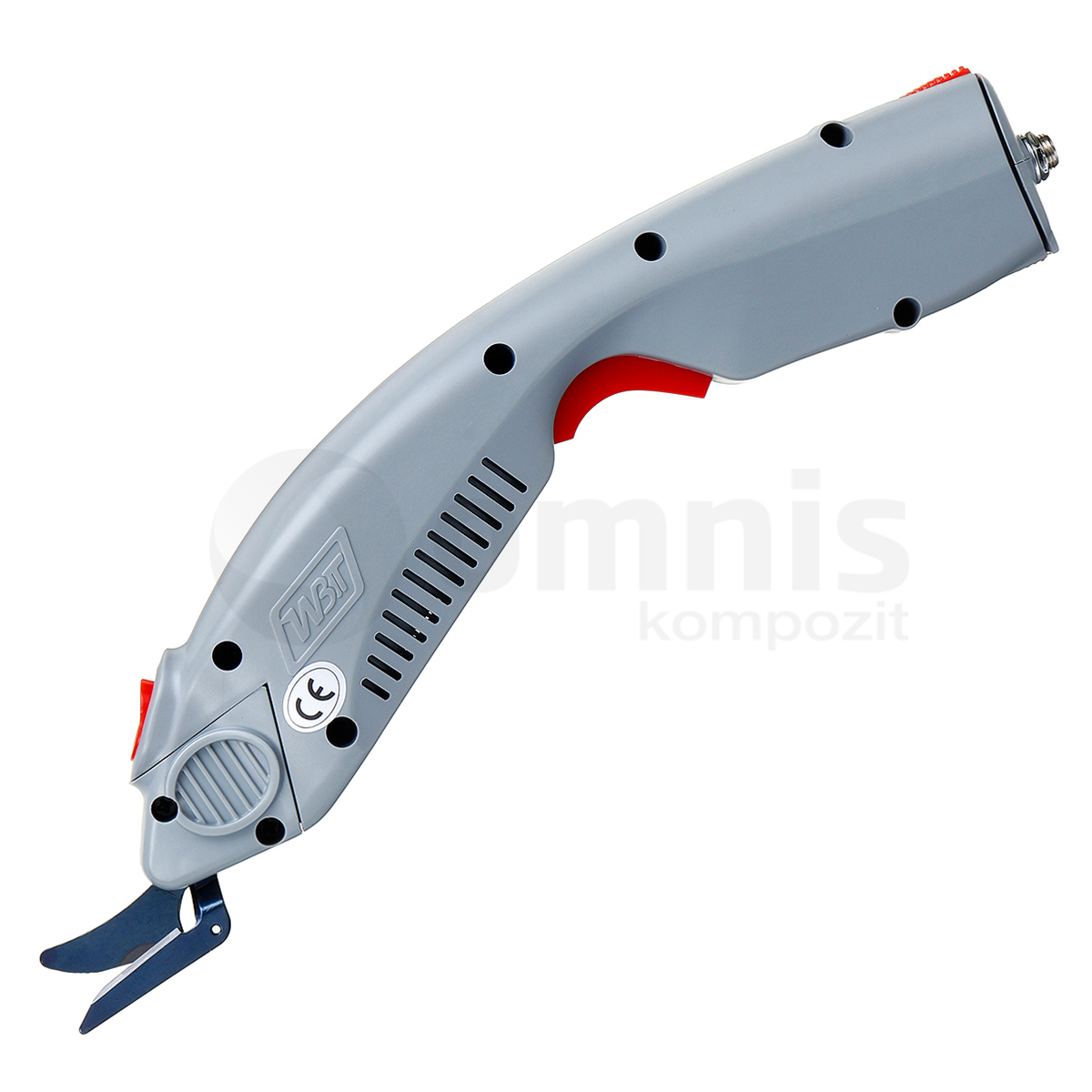
Battery Powered Fiber Shear
View Product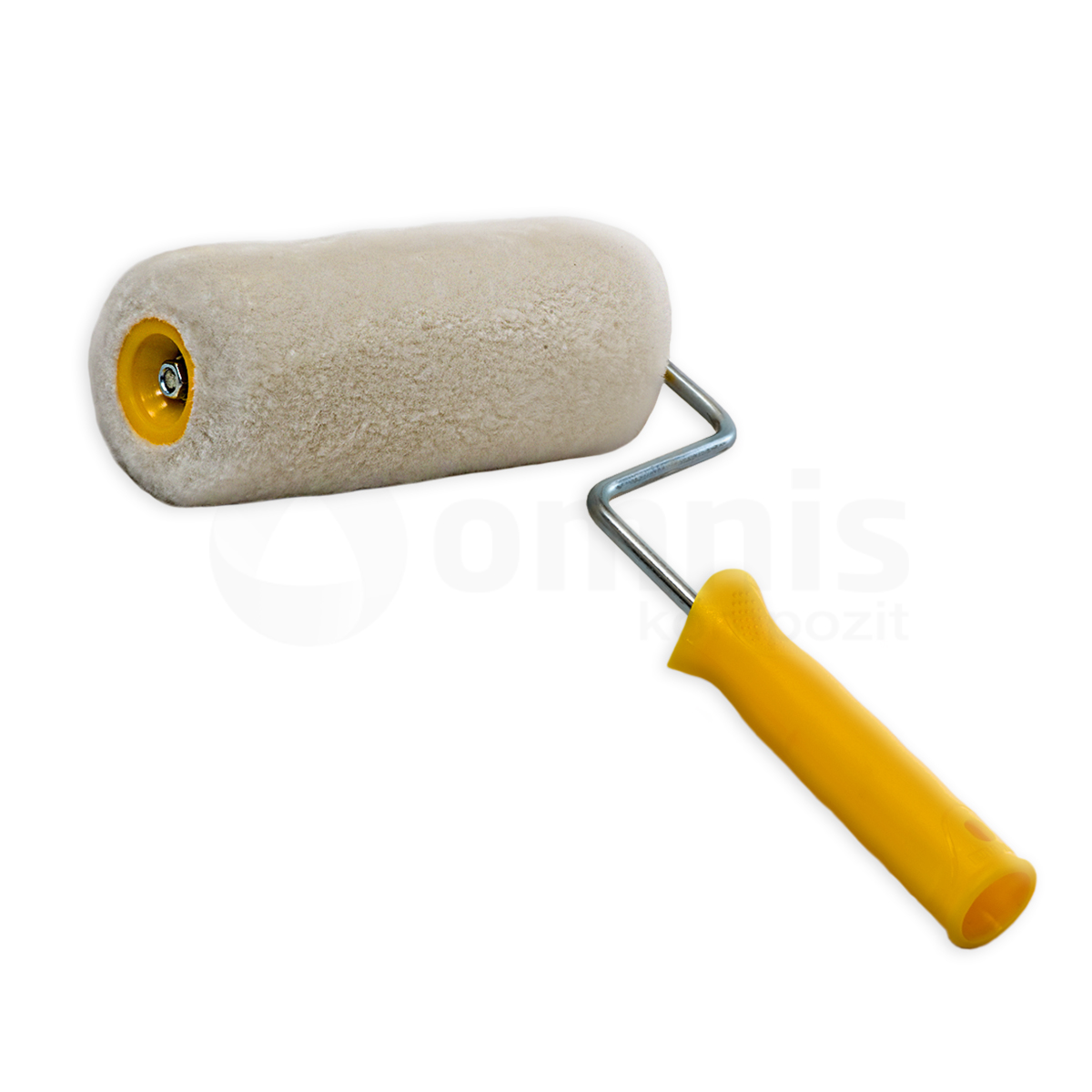
Jelly Rolls
View Product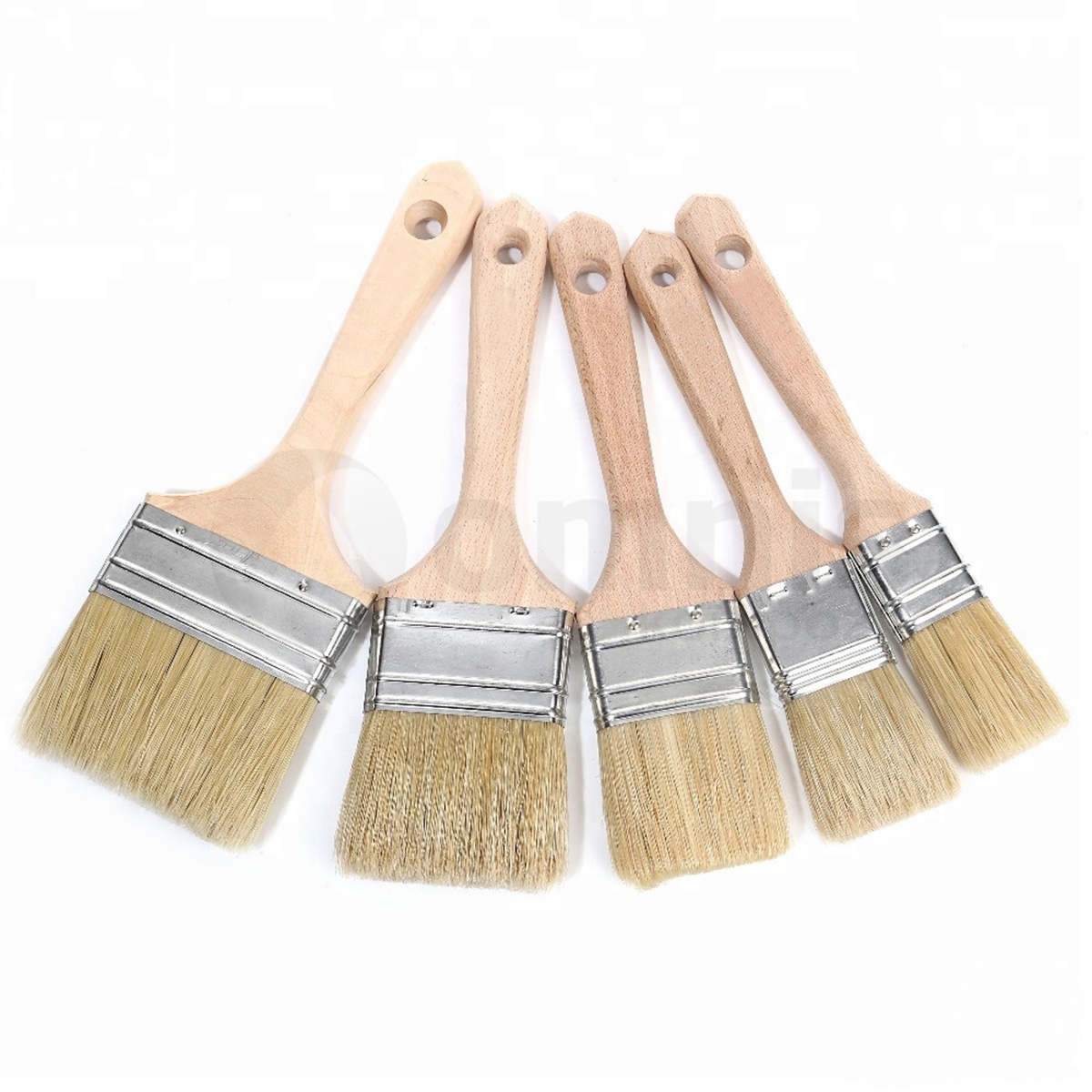
Resin Brushes
View Product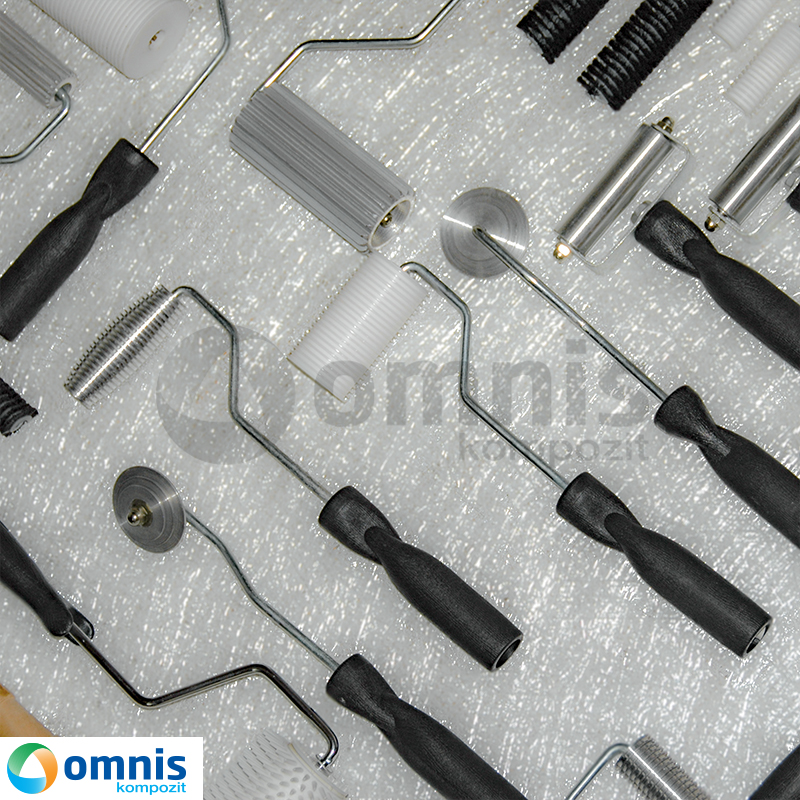
Aluminum Laminating Rollers
View Product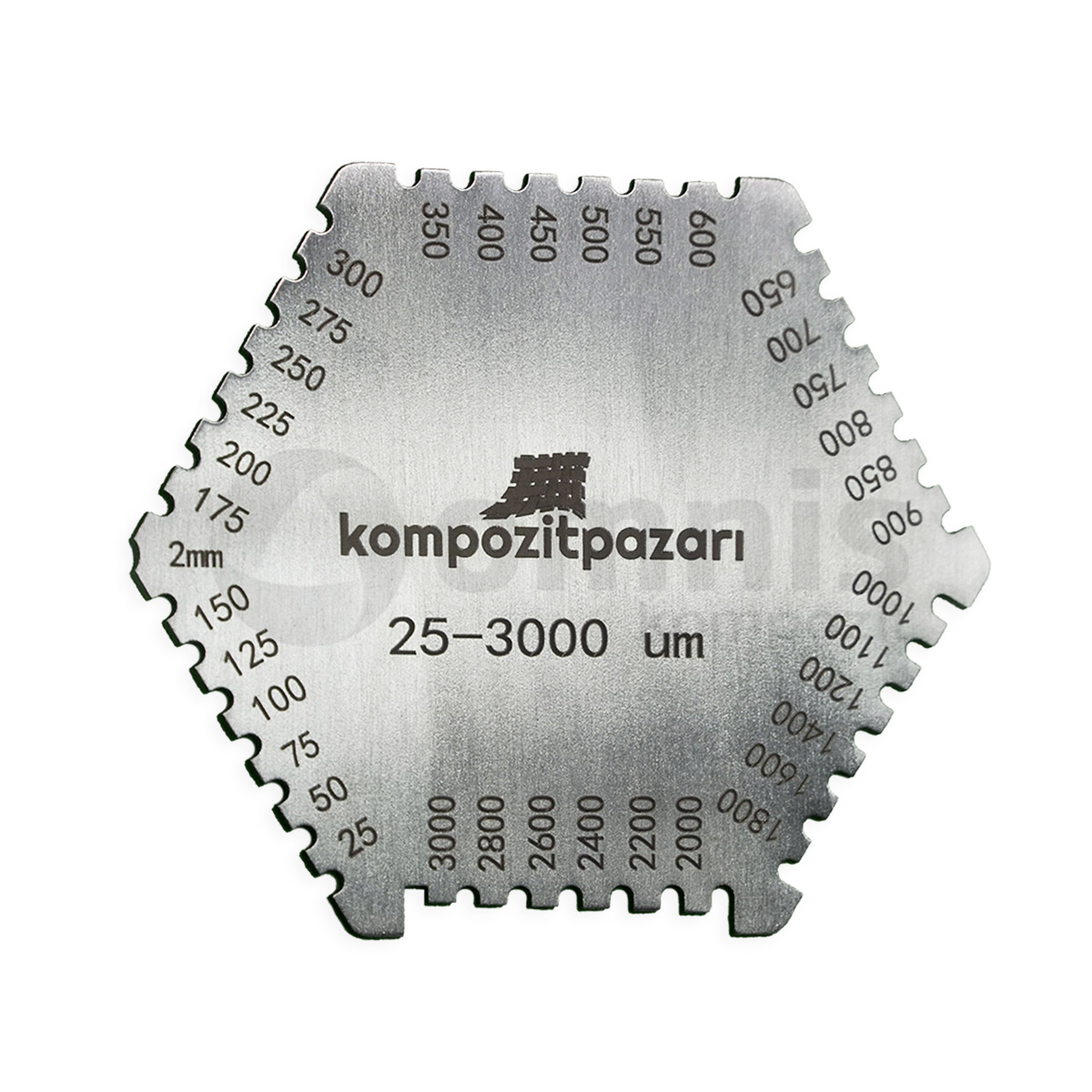
Gelcoat Thickness Measuring Comb
View Product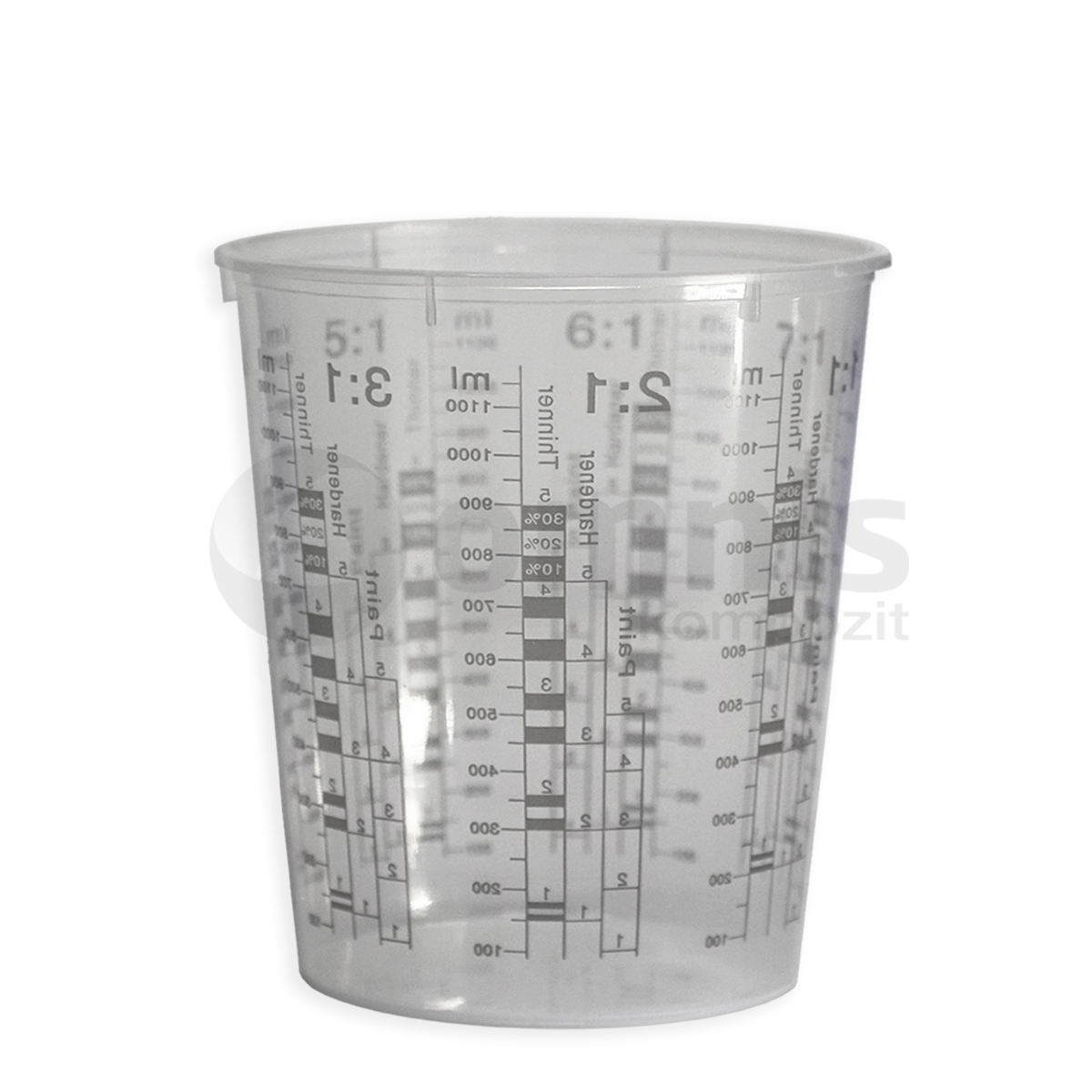
Measuring and Mixing Cups
View Product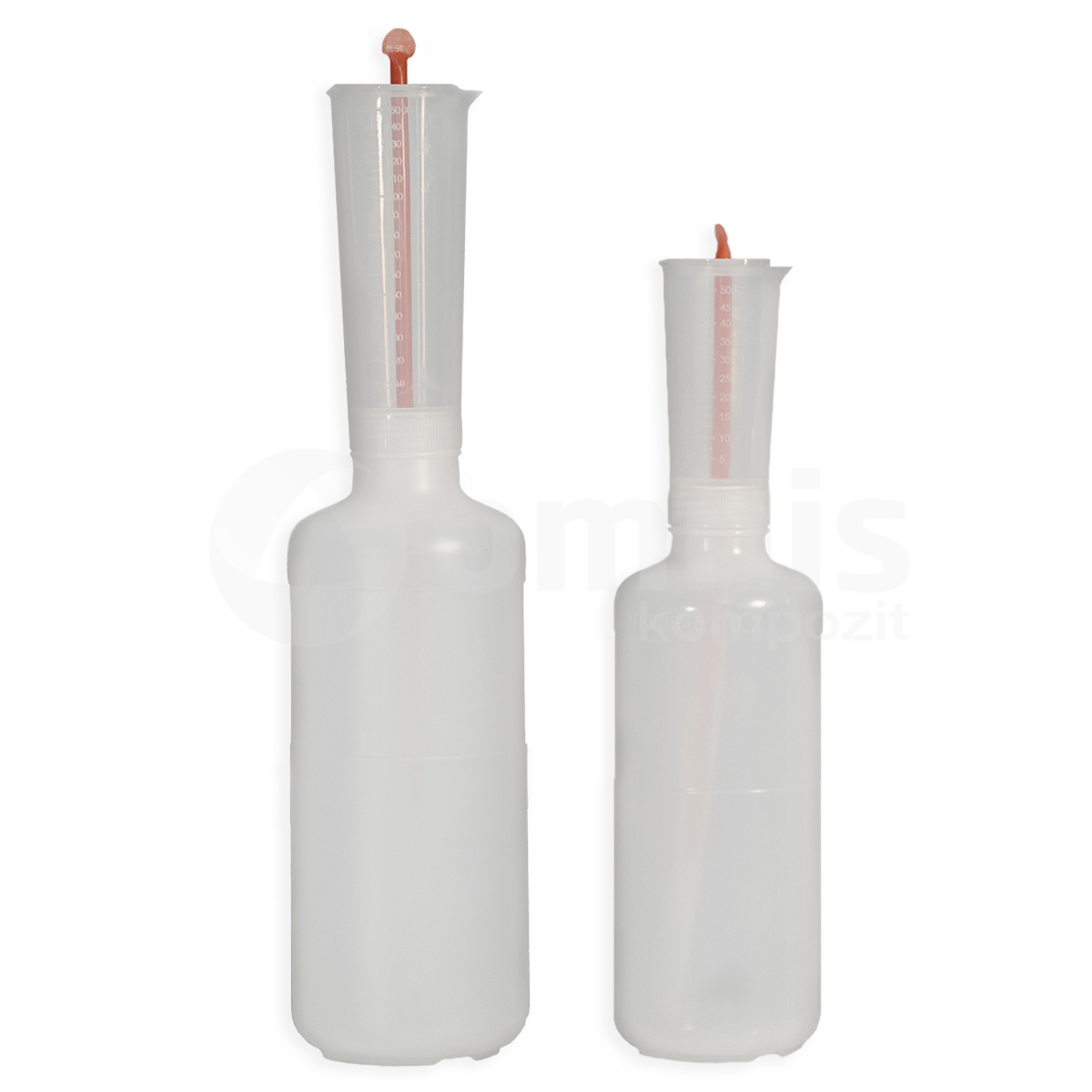
Mek-P Measuring Cups
View Product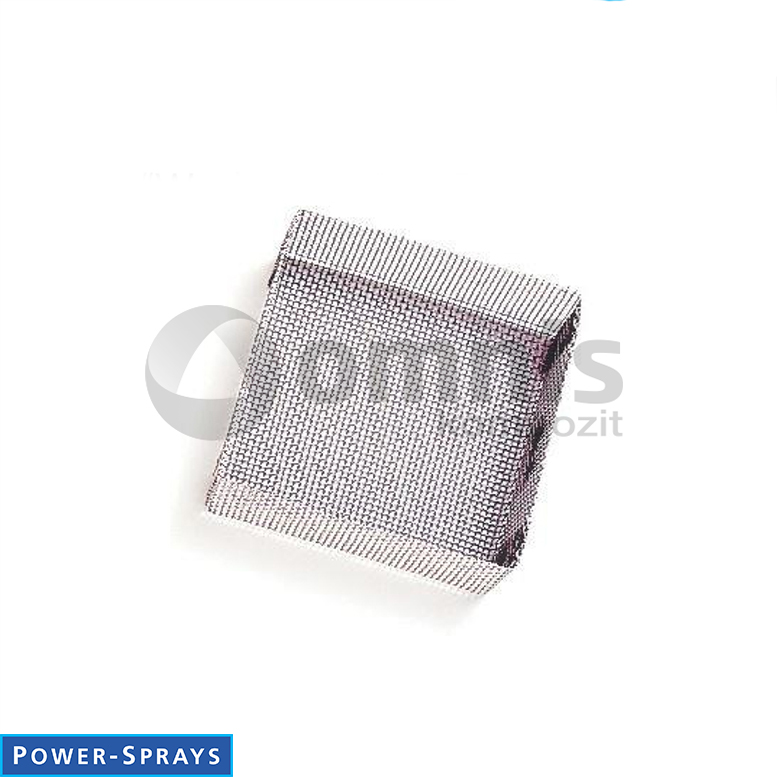
Fiber Ratio Test Basket
View Product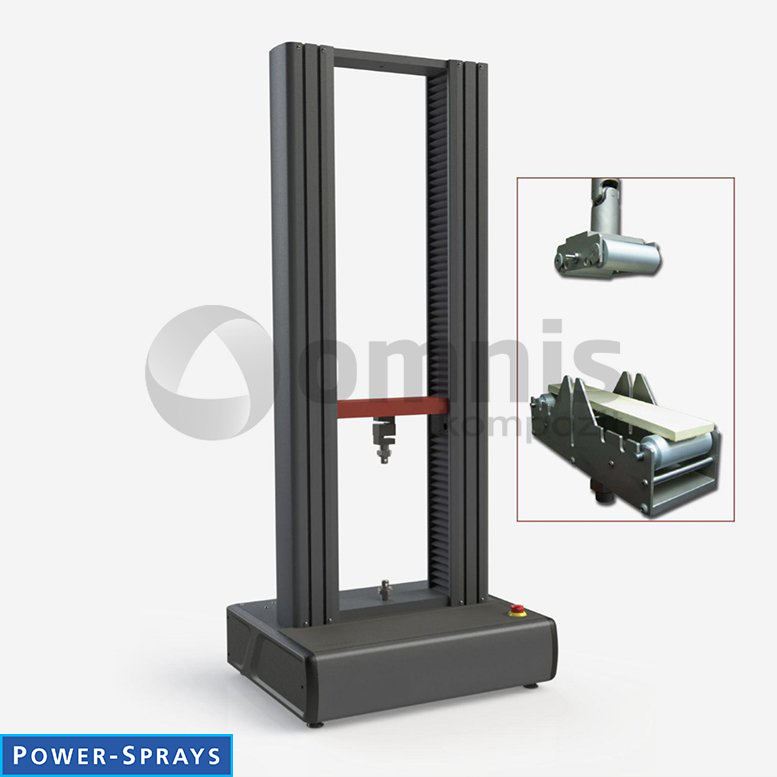
GRC Flexure Test
View Product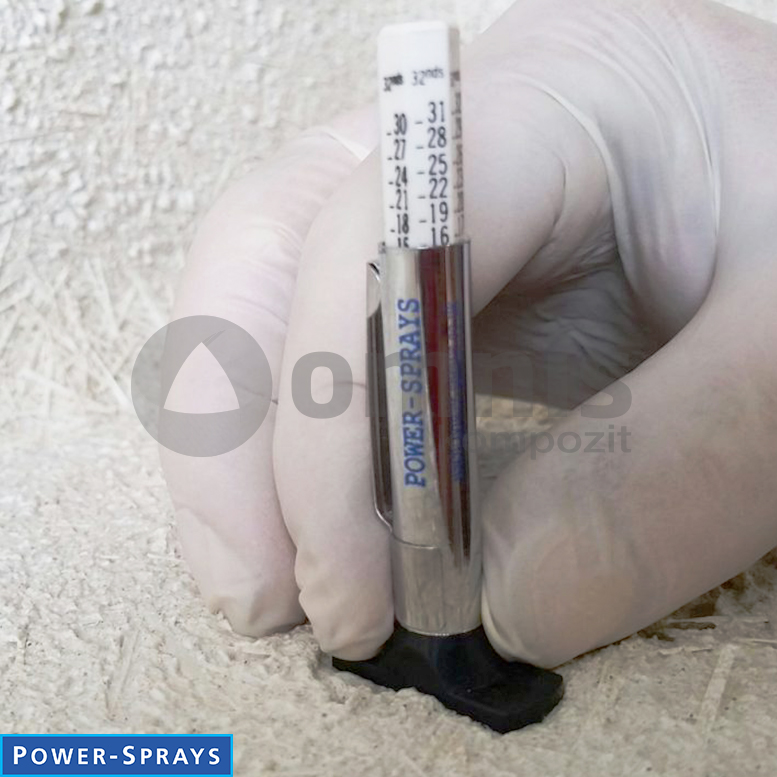
Thickness Measuring Pen
View Product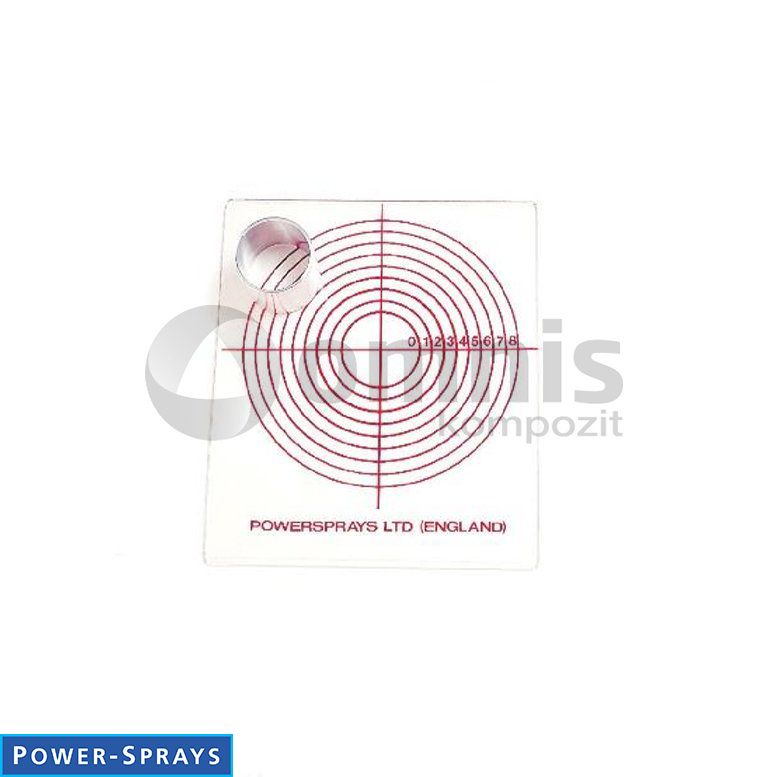
Pour Test Kit
View Product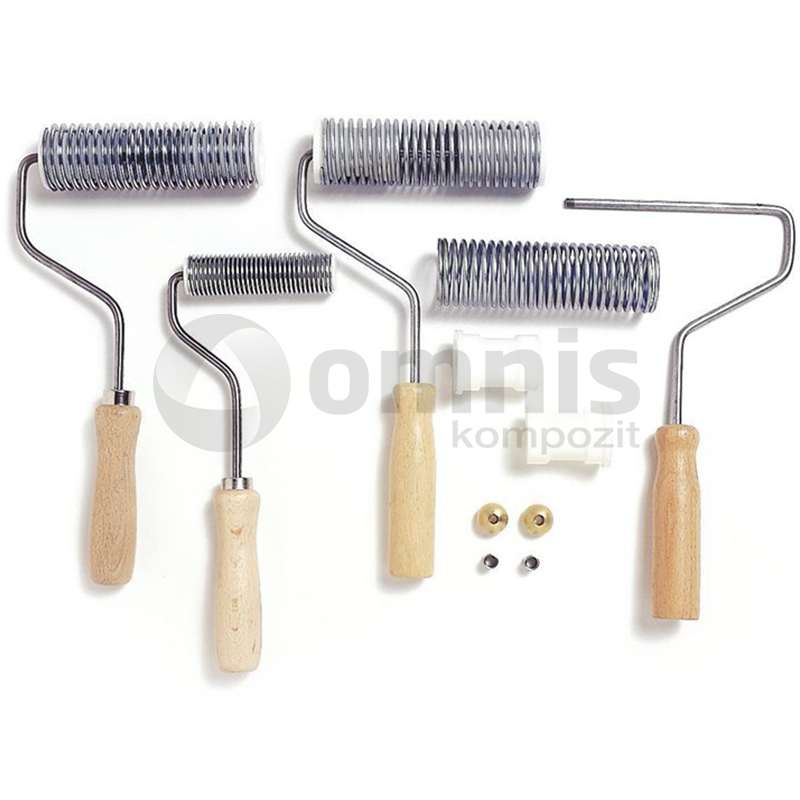
GRC Rolls
View Product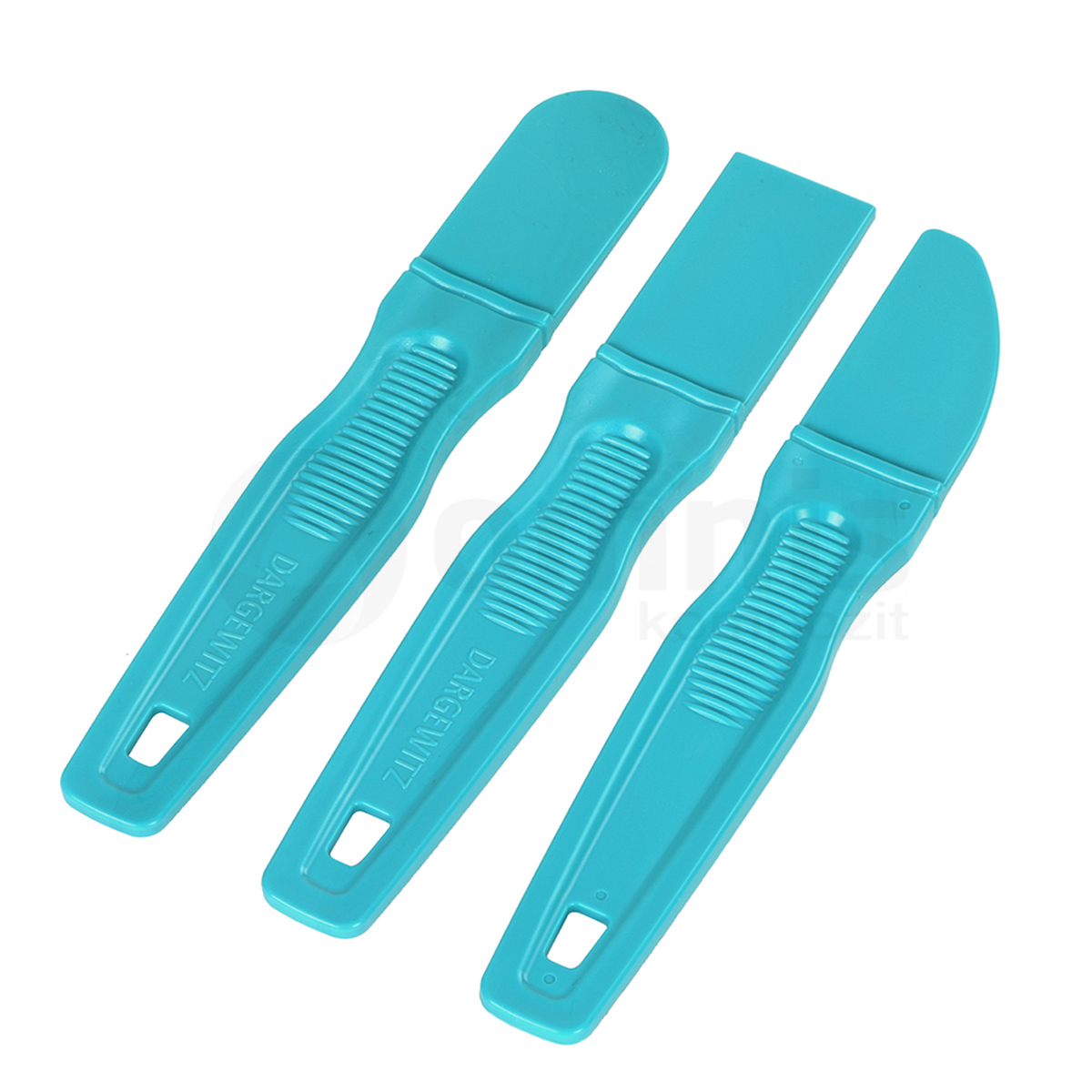
Prepreg Lamination Spatula
View Product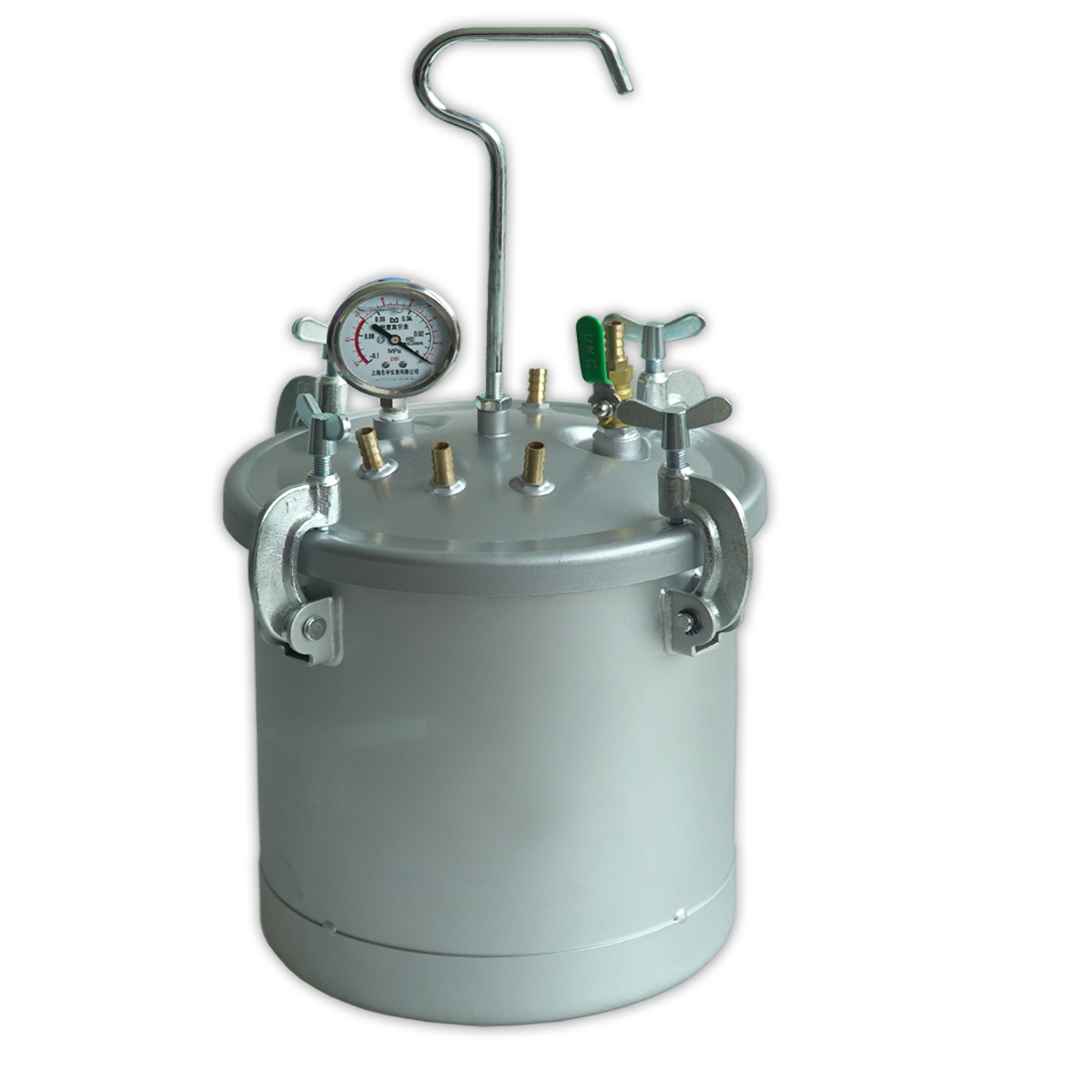
Resin Catch Pot
View ProductWhy are quality workshop supplies important?
The importance of high-quality workshop supplies cannot be overstated. They are fundamental to ensuring both the safety and efficiency of your workspace. Superior tools and materials minimize the risk of accidents and improve the precision of your work. They also have a significant impact on the outcome of your projects. Using top-tier supplies results in products that are not only visually appealing but also durable and long-lasting. Investing in quality supplies saves money over time, as they need fewer replacements and repairs. For anyone committed to their craft, choosing the right tools is not merely a preference; it’s essential for achieving excellence and reliability in every project.
How do I choose the right workshop supplies for my project?
Selecting the appropriate workshop supplies for your project requires an understanding of your project’s specific needs. Begin by evaluating the materials you’ll be working with and the methods you plan to use. Investigate the characteristics of various supplies, such as resins and fibers, to ascertain which ones best meet the demands of your project. Consider the desired durability, flexibility, and finish. Additionally, consult reviews and seek advice from seasoned professionals in your field. Remember, the correct tools can greatly influence the efficiency of your work process and the quality of your finished product. Make well-informed decisions to ensure your projects are distinguished by their craftsmanship and durability.
What are the most essential workshop supplies?
Essential workshop supplies vary based on the unique requirements of your project. Nevertheless, some core items are indispensable in any workshop. These include various resins and hardeners for composite work, premium fibers for reinforcement, precise cutting tools like shears and scissors, and dependable molding materials. Safety equipment, including gloves, goggles, and respirators, is also vital for protection against potential hazards. For tasks requiring exact measurements, tools like the wedge and catch pot are invaluable. Investing in these essential items ensures you are well-equipped to undertake any project with confidence, achieving professional-grade results every time.
Can workshop supplies be used for both professional and DIY projects?
Certainly, workshop supplies are adaptable for use in both professional and DIY projects. The key lies in selecting supplies that align with the scale and complexity of your project. Professional-grade supplies can enhance DIY projects by elevating their quality and durability, while simpler tools and materials may suffice for professional tasks requiring a more basic approach. Whether crafting a prototype, creating a unique piece of art, or conducting household repairs, the appropriate tools are crucial in realizing your desired outcomes.
How do I store and maintain my workshop supplies?
Proper storage and maintenance of your workshop supplies are crucial for extending their lifespan and maintaining optimal performance. Organize tools and materials in a clean, dry environment using cabinets, shelves, and toolboxes to keep them accessible and protected. Regular cleaning and inspection of tools are necessary, with lubrication applied as needed to prevent rust and wear. For materials like resins and fibers, adhere to the manufacturer’s storage guidelines, especially regarding temperature and humidity. Proper care not only prolongs the life of your supplies but also preserves the quality of your work.
What safety precautions should I take when using workshop supplies?
When working with workshop supplies, safety should always be your primary concern. Wear appropriate personal protective equipment (PPE), such as gloves, safety glasses, and respirators, to guard against harmful chemicals and particles. Maintain a well-ventilated workspace to avoid fume accumulation. Familiarize yourself with the safety data sheets (SDS) for all used materials and adhere to recommended handling procedures. Keep a first aid kit and fire extinguisher within easy reach, and avoid working with hazardous materials when tired or distracted. These precautions help reduce accident risks and create a safe working environment.
Are there eco-friendly workshop supplies available?
Eco-friendly workshop supplies are indeed available, offering the opportunity to pursue projects with minimal environmental impact. Manufacturers now provide sustainable options like biodegradable resins, recycled fibers, and non-toxic mold releases. These eco-friendly choices deliver the same high quality and performance as traditional supplies while reducing your carbon footprint and supporting environmental sustainability. When choosing supplies, opt for products with eco-certifications and consider the lifecycle and disposal of the materials you use. Opting for eco-friendly tools contributes to a healthier planet while allowing you to enjoy your crafting pursuits.
How often should I replace my workshop supplies?
The need to replace workshop supplies varies based on their quality, usage frequency, and how well they are maintained. High-quality tools and materials can endure for years with proper care. Regular inspection and maintenance can prolong the life of your supplies, but be aware of wear and tear signs, such as dull blades, compromised safety gear, or materials that have degraded. Replacing supplies before they fail not only guarantees the safety and quality of your work but also prevents project interruptions. Stay proactive in evaluating and renewing your tools to uphold a high standard of craftsmanship.


